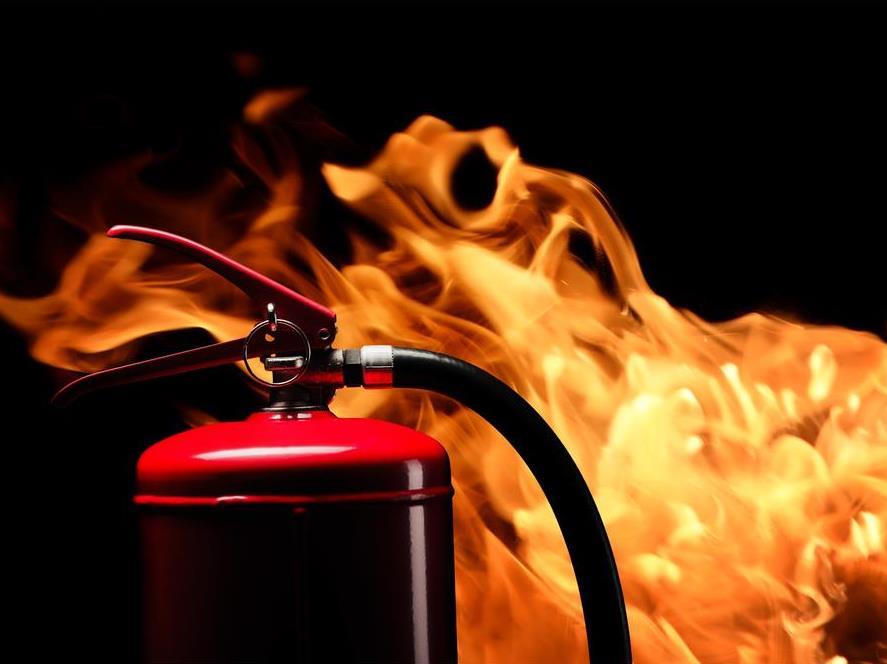Conducted between July and November, a survey conducted by the Media, Entertainment & Arts Alliance (MEAA) together with a team of freelance artists led by Sophie Ross, has revealed the severity of sexual harassment in the theatre sector.
The data shows that at least 40% of 1,124 people who took part in the survey had experienced sexual harassment – ranging from suggestive comments or jokes, unnecessary or unwelcome physical familiarity, receiving intrusive questions about their private life, and staring or leering.
A similar number of respondents reported witnessing sexual harassment.
The survey also suggests that existing policies designed to address sexual harassment are ineffective, with 53% of victims and 60% of witnesses saying they had never reported sexual harassment, criminal misconduct or bullying for reasons ranging from worries about professional repercussions, a belief that they did not think anything could be done, fears that reporting would worsen the situation, or hope that it would resolve itself.
Zoe Angus, director of MEAA’s Equity section for performers and actors, said that while the low rate of reporting of sexual harassment and bullying pointed towards a historically poor culture in the theatre sector, companies were now acknowledging they had sometimes failed in their responsibility to provide a safe and secure workplace for performers.
‘A staggering 58% of respondents to the survey said they were rarely or never made aware of any relevant policies or processes for dealing with these issues. And 47% told us that when they did make a report, the situation was not handled well and in half those cases, it even got worse,’ said Angus.
‘When an individual complains that they have been victim of or witnessed harassment or bullying, they should be able to expect their complaint will be taken seriously and result in action.’

Image via MEAA
An independently facilitated forum will be held in the first quarter of 2018 to drive real change and create lasting solutions to prevent sexual harassment in live theatre. The forum will include representatives from all major state theatre companies, MEAA and freelance artists.
‘We now have an opportunity to work together to solve this problem. We hope this will be the start of a collaborative effort to create change,’ said Angus.
MEAA has welcomed the commitment from the Confederation of Australian State Theatres (CAST) and Griffin Theatre to work together to address sexual harassment.
‘When an individual complains that they have been victim of or witnessed harassment or bullying, they should be able to expect their complaint will be taken seriously and result in action. The grim lesson from this data is that there are not effective practices in place in Australian theatres to prevent or deal with sexual harassment and bullying,’ Angus said.
‘The positive response from CAST to agree to work together gives us great hope that change is on the way.’
Read: State theatre companies condemn sexual harassment
Following an earlier statement, the Confederation’s members (Bell Shakespeare, Belvoir, Black Swan, Circus Oz, Malthouse, MTC, Queensland Theatre, State Theatre Company SA and STC) reiterated their committment to working collectively to stamp out sexual harassment.
‘The [MEAA’s] findings provide sobering evidence of the negative experience of many artists working in Australian live performance. Coming at a time of scrutiny and reflection around the world with regard to bullying and harassment in the entertainment industry, CAST companies consider that the release of the survey results will help fuel a turning point in the Australian environment.
‘We accept that it is our responsibility – as the current generation of leaders of CAST companies – to acknowledge any failure of our organisations to act effectively at all times in the past, and to ensure that as of now we commit to creating lasting and positive change for the future.
‘To that end, CAST companies have enthusiastically accepted an offer from the MEAA to work collaboratively on a review of policies and procedures in theatre work places, and also to explore the circumstances that might lead to inappropriate behaviours, and those that militate against effective reporting and management of cases. It is anticipated that the parties will convene working groups early in the new year,’ the statement read.
Angus said Equity also acknowledged that the survey results were a wake-up call for performers as well as management, with 35% of survey participants saying the perpetrator was another cast member.
‘Equity is committed to educating our members about sexual harassment, how to spot it, how to report it, and how to prevent it. We have no tolerance for this kind of behaviour, regardless of who the perpetrator is, and we will redouble our efforts to ensure that performers behave respectfully towards each other.’
She said Equity would look at a suite of solutions, including better empowering cast and crew to speak up when they feel uncomfortable, and ensuring that all theatre companies have effective, easily accessible policies and procedures in place.
Sophie Ross, who worked closely with MEAA throughout the research process, said: ‘Our aim is to ensure that no-one is harassed or bullied at a major theatre company in Australia. If they are, they must be able to access the help they need.
‘We want to set a standard for the broader industry and ensure that our theatres are safe and free of harassment.’





